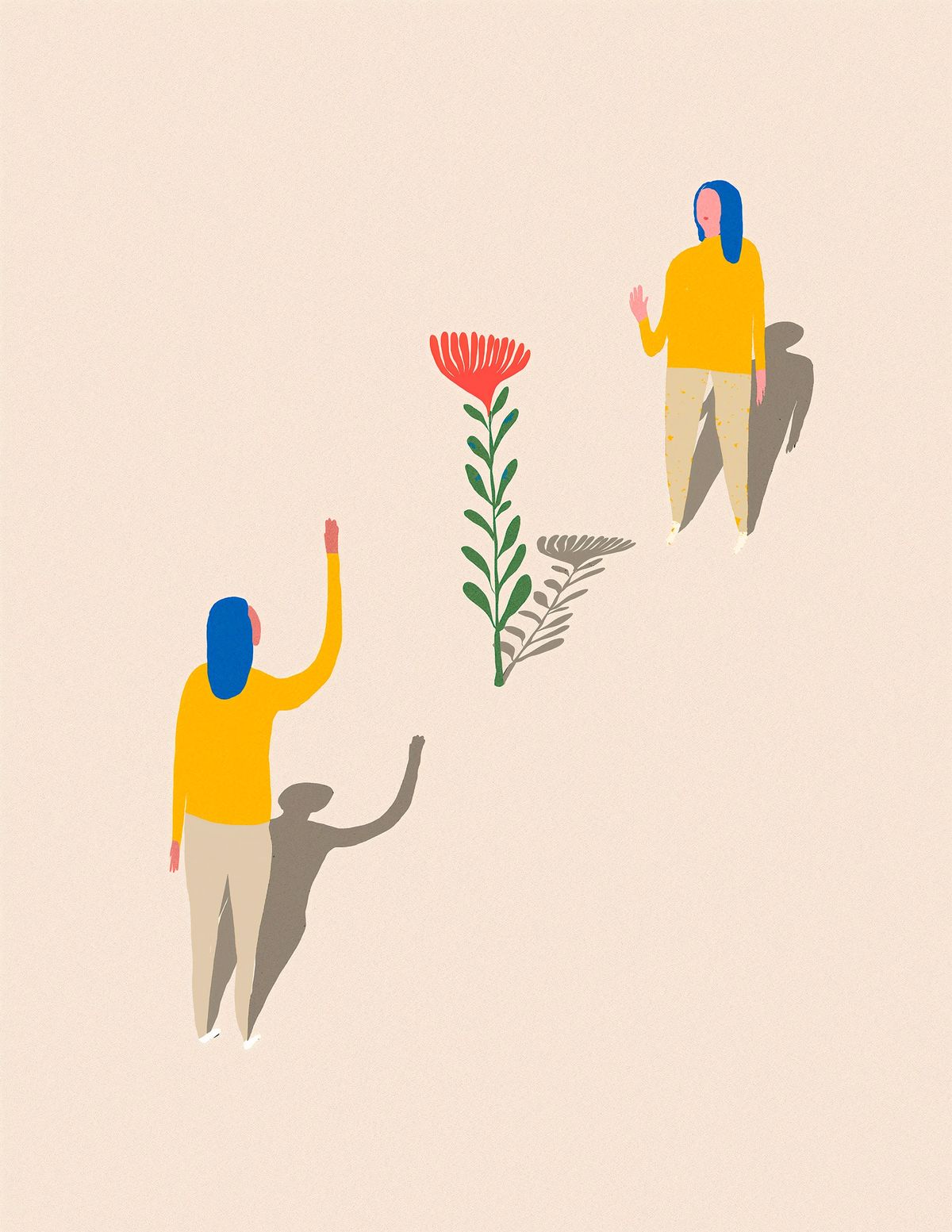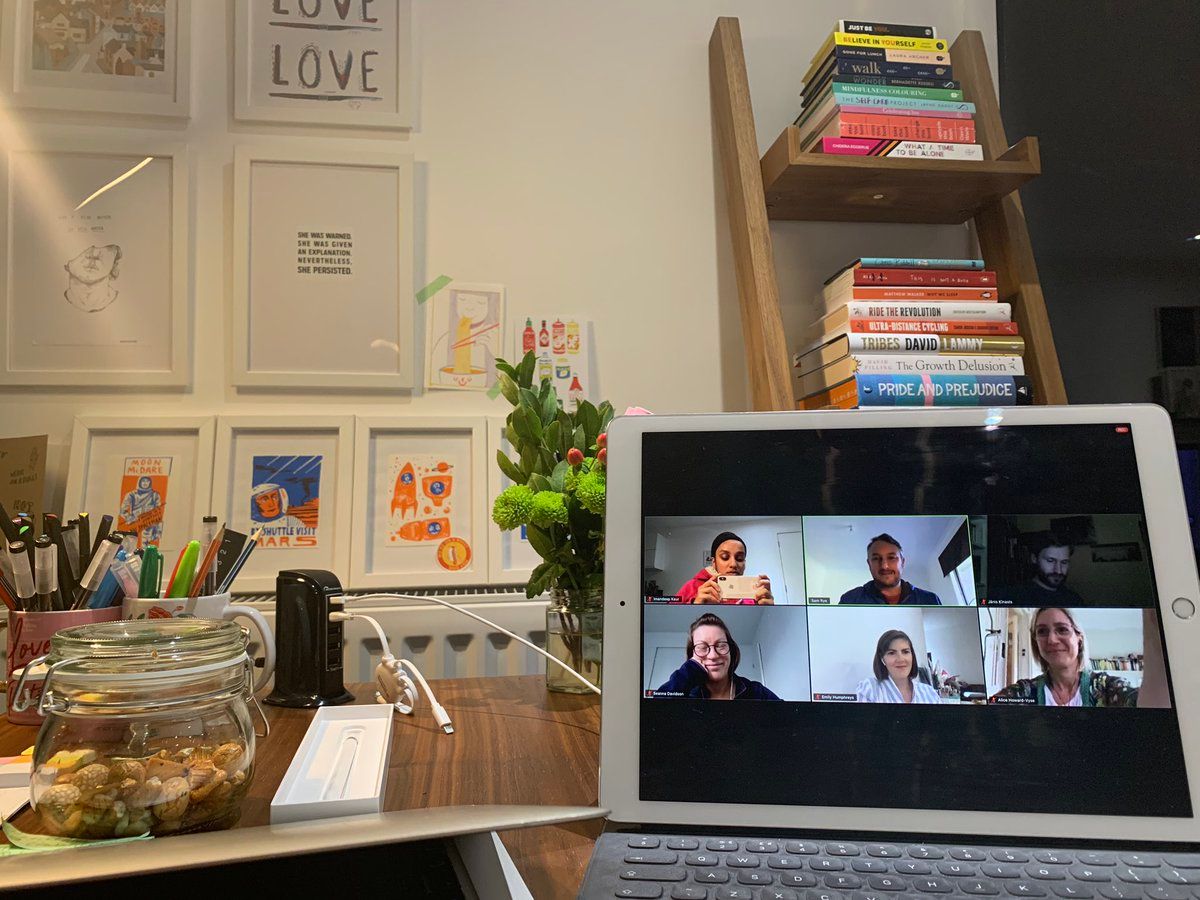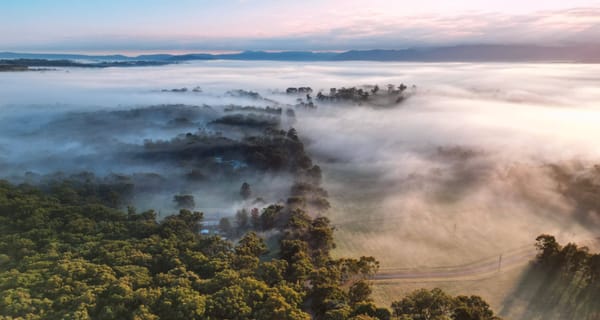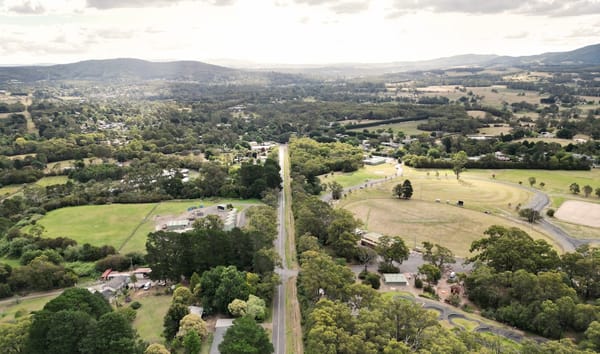New Practice: Community Engagement for Environmental Action in a COVID-19 era
Around the world, groups and organisations are scrambling to reinvent how we enable and/or do environmental conservation work during these large scale societal lockdowns.

Around the world, groups and organisations are scrambling to reinvent how we enable and/or do environmental conservation work during these large scale societal lockdowns.
There is still vital environmental action needed despite COVID19 - from bushfire revegetation in Australia to rewilding projects in Europe. So how are we going to keep going?
Having put a call out on twitter, a bunch of wonderful humans put their hand up to navigate these new waters together and build relationships beyond borders (and lockdowns) to continue the conversation about new forms of practice for a COVID-19 era and beyond.
I’m currently involved in this conversation through my work with Conservation Volunteers Australia as we adapt and evolve how we are delivering on our efforts as community engagement specialists working to nurture communities and country. However this approach of building collaborative learning networks across geographies, and sharing openly, is an approach many of us have been engaged in for while now (see Resources page for some of my own examples).

On the 1st April call
- Seanna Davidson @seannalee
- Alice Howard-Vyse @alicehv
- Imandeep Kaur @immykaur
- Emily Humphreys @emilyrhumphreys
- Janis Kinasts @kinasts
- Sam Rye @sam_rye
Themes
- Building agency & skills
- Supporting exploration of futures
- Building pathways for a post-COVID world
- Collective action and rapid shifts
- Remembering the digital divide
Notes
It was inspiring to be in conversation with people who think deeply about the world, about how things change, and about what the qualities of that change should be.
Provocations about the effect COVID-19 would have on our world came think and fast in our conversation. From the unknown scale of health impacts in different countries to economic crashes and ensuing recessions, and from the unknown effects of large scale lockdowns to food shortages and societal fear. The effects of this once-in-a-lifetime event (hopefully) are going to ripple through our lives forever, and many of us around the world will suffer not just the health effects but the broader ramifications.
"Things that we didn't think were possible became doable overnight."
This sense of profound disruption also framed our conversation; how could we work within this new reality for the positive outcomes we seek for society and the planet which sustains us?
"We have been training for this time."
Immy reflected on how her work has been preparing and navigating transitions in this kind of profound disruption - be it due to climate change, social systems breaking down, or other forms of disruption. When I considered that in my own last 10 years or so, I also saw patterns of this preparation in my own work - often characterised by seeking to build the relational field of a particular domain such as local food systems, youth mental health or environmental conservation.
"Instead of falling back to what was, could we support people to explore what could be?"
This characterised a hopeful tone which took up a large part of our conversation, which focused around community building and engagement approaches to support people to explore futures, whilst in lockdown.
From the CIVIC SQUARE Neighbourhood Lab to Donut Economic Action Lab, and intention setting to social dreaming experiments, we talked a lot about the power of using this time to spark experiments which help to explore and bring about new futures (plural). Janis challenged us to consider whether we could really imagine futures, or just respond, whilst Seanna gently suggested we must make time for deep reflection and sensemaking amidst the sea of online calls.
I see a lot of potential for the application of this to the environmental challenge I posed at the beginning. Perhaps, whilst lockdown is in force, this is exactly the work we must be doing with our stakeholders locally and around the country / world, to engage them in the opportunity to zoom out and ask 'where should we be going?' instead of 'what are we fighting for today?'. This area of futures holds great potential for growing agency, inviting new people into relationship, and taking stock of entirely different ways of seeing, being and doing.
Perhaps if we were to ask small actions of people, in their local pocket of the world, we can invite new people into the kinds of environmental action which need to be taken at local level and seed new lasting habits? Whilst we’ll be limited to where people live for now, we can use this time to build connections and networks for a broader and more concerted environmental response when COVID eases?
Practically, Immy spoke of using universal metaphors (such as a living room) and every day objects (think TV remotes, kettles, and shoes) to engage people in these processes of individual and collective dreaming about futures. I need to follow up and learn more about these plans, as they sound like the kind of grounded and down-to-earth work that would work well in the environmental space. I cant help but imagine that adding in natural materials like seed pods, branches, moss and leaves could also support some interesting dreaming...
Perhaps we can also explore futures together through the likes of online engagement platforms and facilitated processes, which are more often used for local government planning? Whatever the medium, I firmly believe we need to ensure we don't lose sight of fostering connections and relationships to 'knit the system' to enable new possibilities in a transition post-COVID.
"How do we support folks to design out of emergency mode?"
The fear response is strong and can be paralyzing if you weren't expecting profound disruption. How do we gently support people to move out of anxiety and into action?
This provoked some interesting discussion which tempered some of the more optimistic notes about progressive change resulting from COVID-19. Alice reminded us that 'snap back' from existing power structures was likely, and Emily talked about what we know of complexity and systems change, that many of the forces which hold challenges in place will not have fundamentally changed.
This led to talk of pathways and transitions beyond COVID which were worked on by coalitions, collectives and islands of coherence who had influence and well articulated concepts / solutions which may be taken up as existing institutions searched for ways forward and were open to new ideas.
It gets me wondering about how we can invite people into the future we know is needed to protect and restore resilience for our natural world. What are the initiatives we have ready to go which can deliver multiple types of value - certainly environmental, but also social and economic, and perhaps support some form of cathartic (socially distant) re-connection as we emerge stumbling out of our various lockdowns?
What's Next?
- We hope to meet again soon with a slightly broader group of people who can help extend our ideas and methods.
- Personally, it took me a long time to percollate some of these ideas and provocations, but I am folding them into a major national initiative I'll be launching in June with Conservation Volunteers Australia.
- I'm keen to hear from people about whether any of this resonates, whether there's any good examples to point to already doing this stuff (considering we met on 1 April, I would expect there now is!), and people to connect with to compare notes with. Hit me up on Twitter or in the chat.





